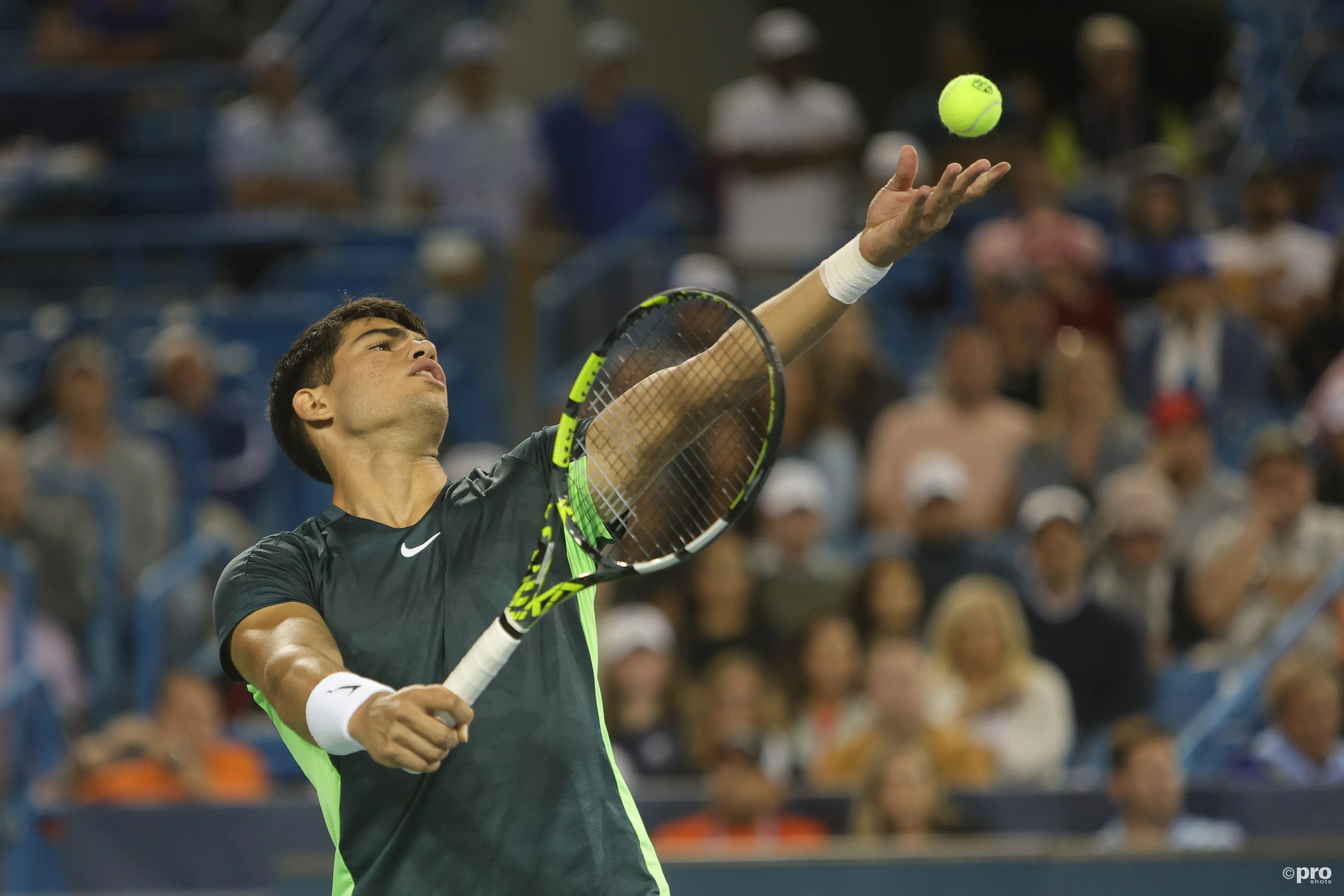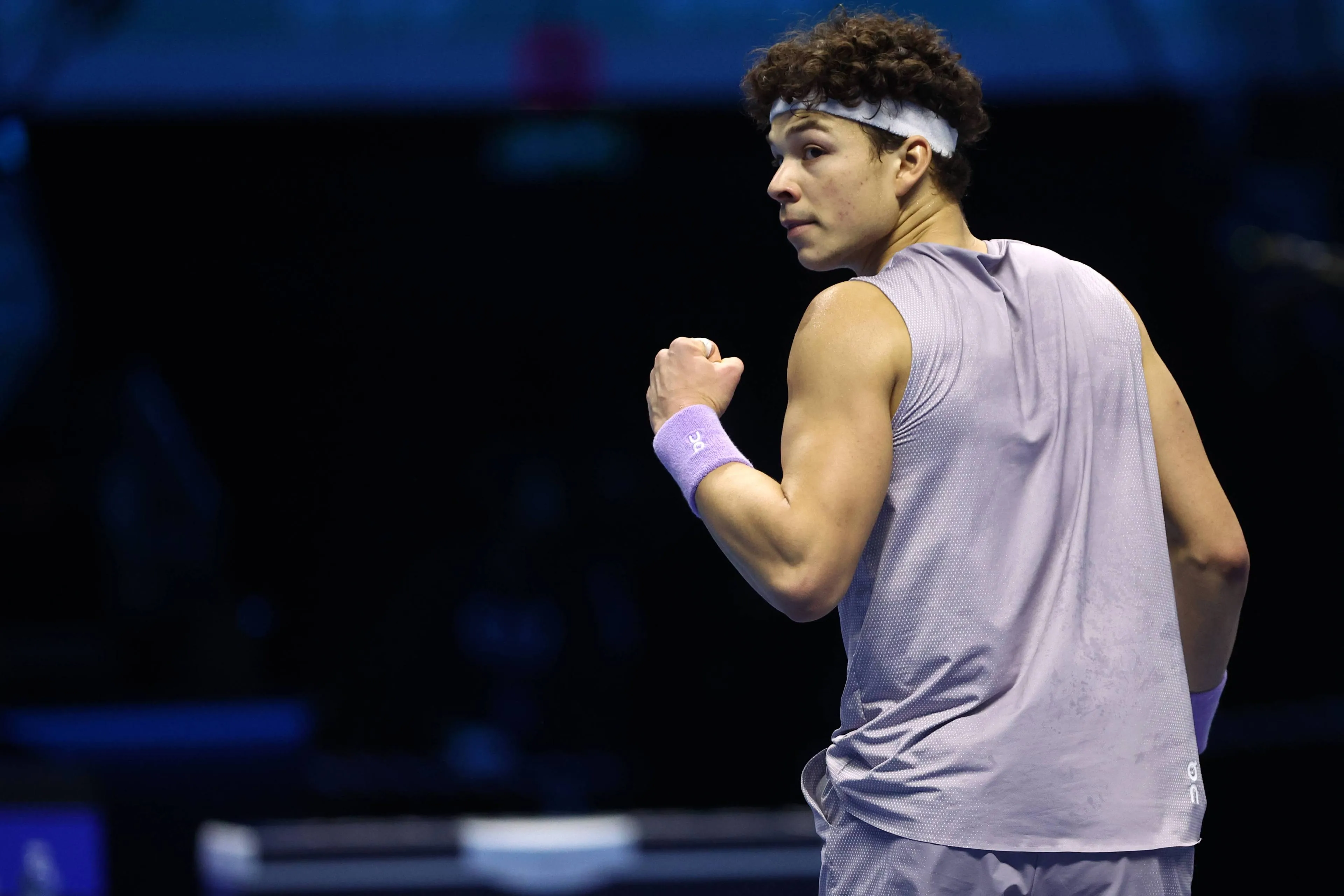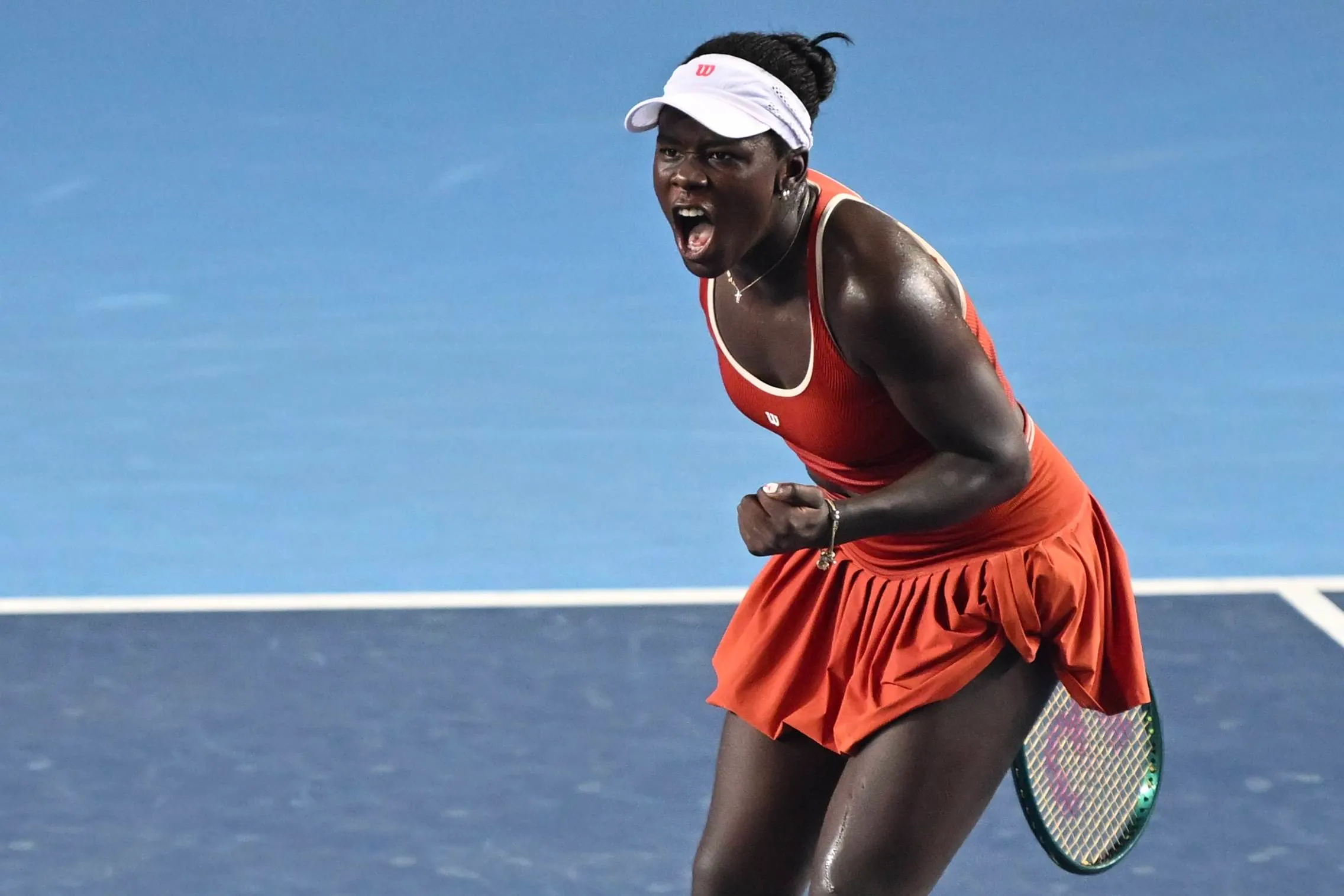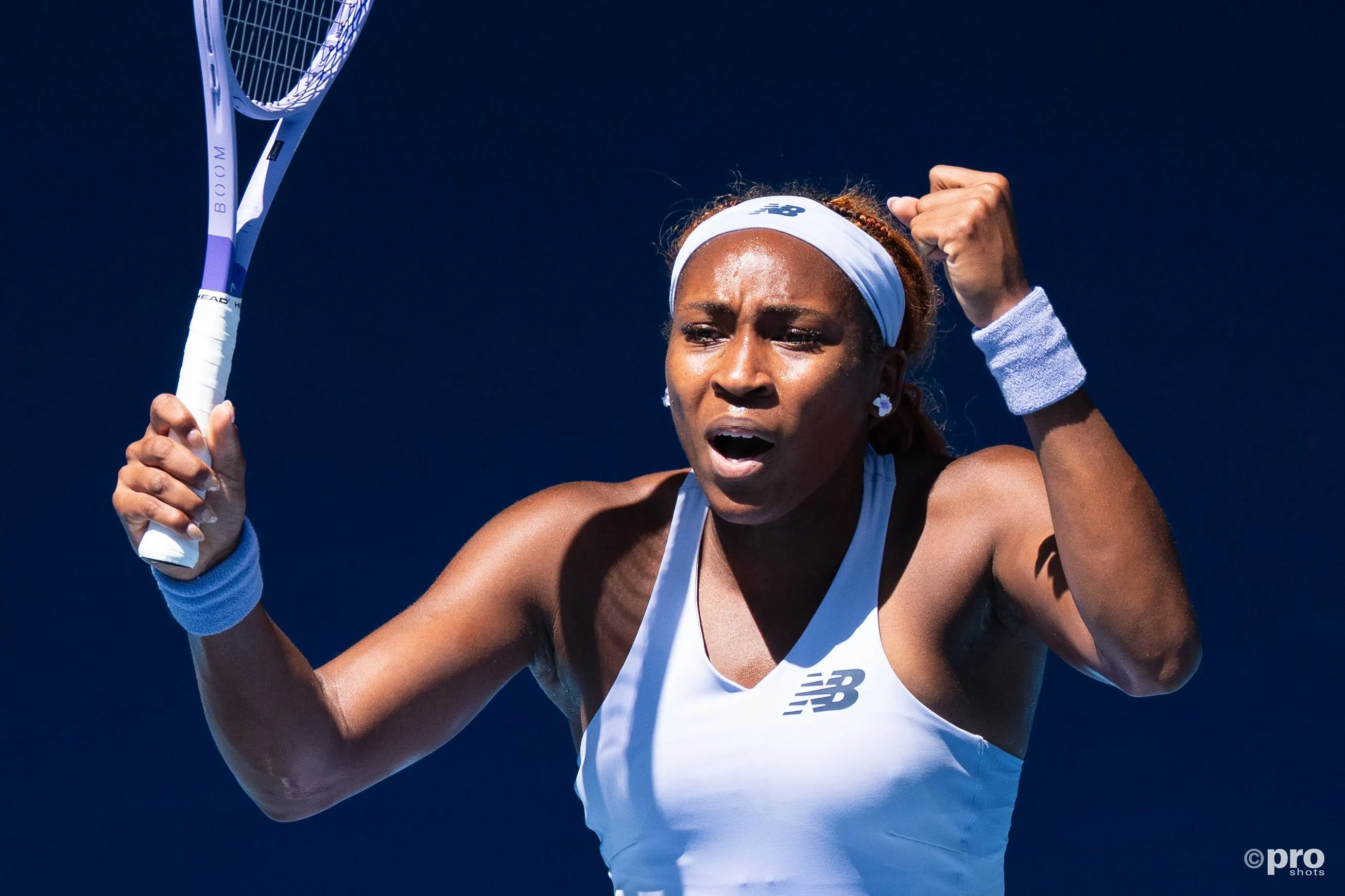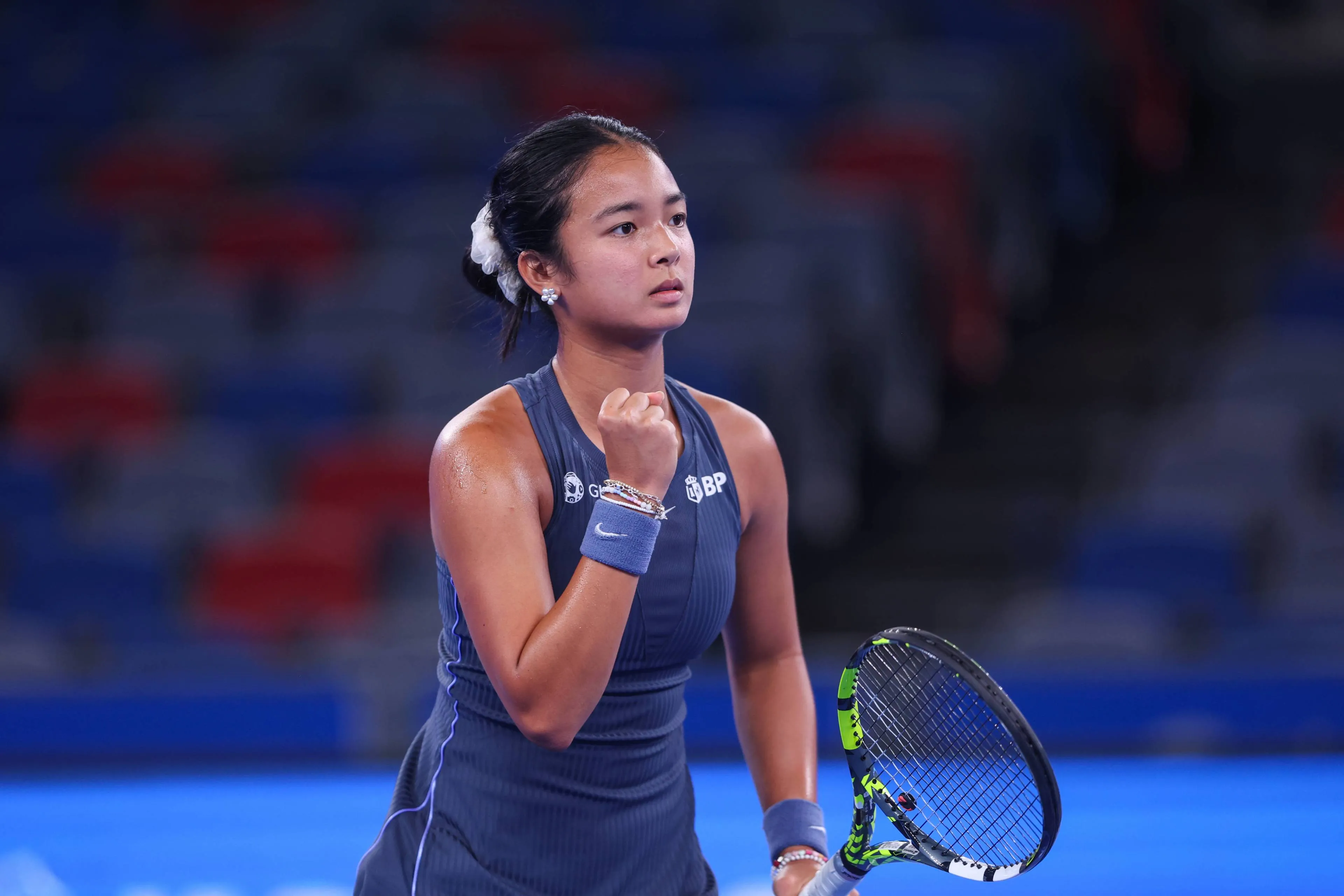ANALYSIS: A new era for birthday boy Stefanos Tsitsipas but what's next after father coach split?
ATPWednesday, 14 August 2024 at 19:38
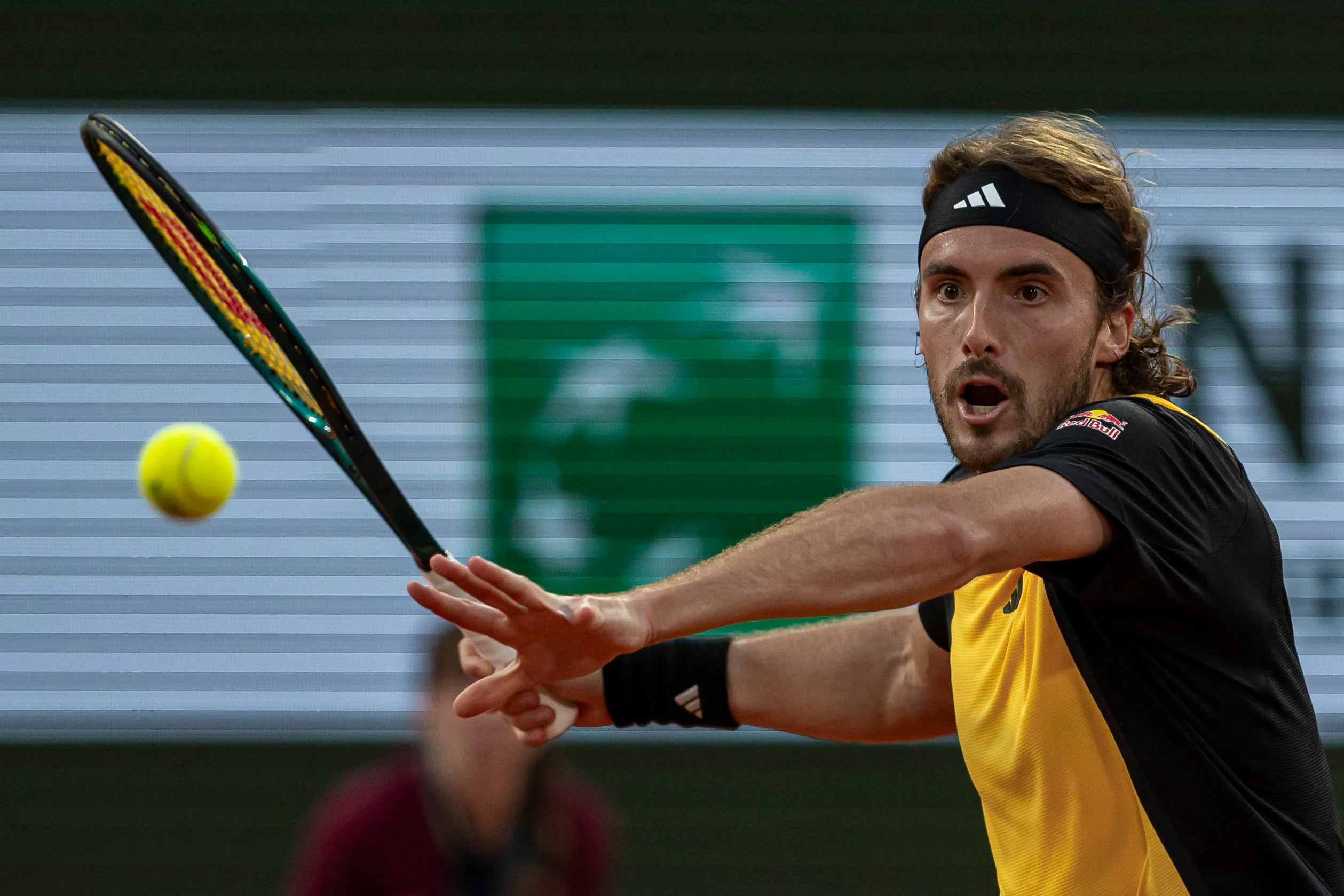
Stefanos Tsitsipas has officially parted ways with his father as coach, and it’s time to look at how his career was shaped under him and what the future without him might bring for Greek number one.
Tsitsipas is one of the better players we have right now in tennis. You could make an argument that he’s certainly one of the best, though, in recent times, a clear regression in his level makes it apparent that he’s no longer so. Very few tennis fans would name Tsitsipas among the top 10 tennis players right now. That regression is what ultimately probably sealed the fate of his relationhip with his father in the role of a tennis coach.
Delving into their relationship as a father and son because it’s very important in the overall dynamic, contributing to his decision coming a few years late, according to some. So, his father was always his role model, which isn’t that uncommon because it tends to happen quite often with fathers and sons. Apostolos, being a tennis coach by profession, certainly helped in that because they shared that interest in tennis. When you have a passion you can bond over, developing a good relationship is far easier.
Read also
Having a father is quite a privilege because many have never experienced that. Some fathers aren’t good, and not all fathers are equal, but in the case of Apostolos, he did everything he could to elevate his son. He sacrificed a lot for his son's dream of becoming a tennis player, and Stefanos is very mindful of that. He spoke about it often, and that’s where his admiration for his father comes from. Another childhood incident only bolstered their already great relationship.
Tsitsipas almost drowned as a kid during an event in Crete, and it was his father who helped save him that day. It only solidified Apostolos as a true hero in the eyes of Tsitsipas. That admiration never went away, and it’s still present today. It’s why it was so hard for the Greek to part ways with him as a tennis coach. When your coach is the person you look up to and basically somebody who can do no harm in your eyes, it’s really hard to admit to yourself that they’re not helping you.
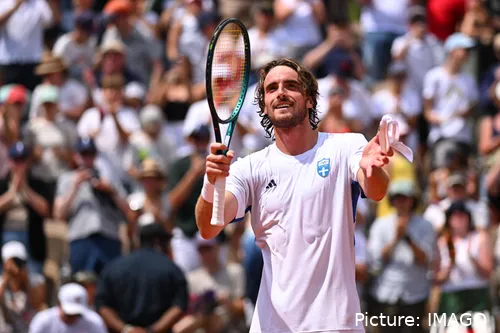
Stefanos Tsitsipas has split from his father for potentially the last time.
It goes against everything he’s ever known because his father assumed the role of his coach in 2001. Tsitsipas was born in 1998, so he’s been coached by his father since he was three years old. He’s the person who introduced him to the sport he would end up loving, so there are just so many emotions intertwined there that it’s impossible to separate them. Everything has to be analyzed with that in mind. In some ways, there is no Stefanos Tsitsipas without Apostolos Tsitsipas as his coach because that version of him as a tennis player never existed.
The coaching relationship ended a few days ago when Tsitsipas announced their separation. It was a very emotional post on social media where Tsitsipas discussed the reasons why it came to that decision. What he wrote might be true or a dulled version of what truly happened or his feelings, but it doesn’t matter. The move itself is the most significant part. He’s now 26 years old after turning 26 today, August 12th 2024. And it’s a new era for him without his father as his primary coach.
Well, sort of of a new era, at least. The announcement of the separation between himself and his father in the player-coach dynamic was also accompanied by an announcement that Apostolos would keep travelling with his son during events. That’s another thing to mention. It shows just how hard it is to let go for Tsitsipas. You can say he’s a grown man with his own life, and you’d be true, but as a tennis player, he never existed without his father. Going straight away to travelling without him would be quite hard for him.
Read also
He’s done it in the past, but he hasn’t done it often, and it probably wouldn’t do him any good, not in this inferno of emotions. The coaching relationship has been rather complex in recent years. The early parts of his career were really good. Tsitsipas emerged as a pretty talented player who was doing really well at the start. He was a teenager earning wins over the likes of Novak Djokovic, showing all of his potential.
He was 20 years old when he made his maiden Grand Slam semi-final in 2019 by beating Roger Federer. Those types of wins proved that he had a bright future, and at that time, nobody really questioned his coaching staff. Everything was working fine, so why should anybody question it? To be fair, there is a stigma in tennis around father-coaches because there is a lot of proof out there that it doesn’t really work out well most of the time.
This worked, so nobody cared. After more success, things started to kind of go badly. In the past three years or so, Tsitsipas has looked like a player who wasn’t sure what he wanted to do tennis-wise. This could be explained by the many voices that voiced what they thought should be right. Apostolos's voice was often the loudest because that was the person he trusted most. After all, his guidance got him to this stage, so why doubt him?
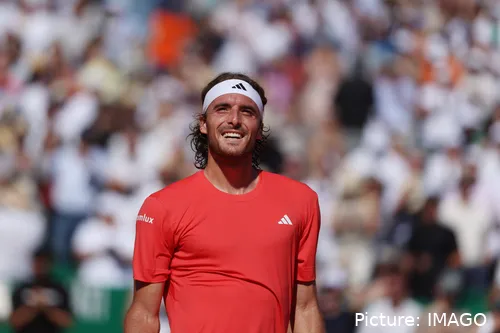
Doubts started to creep in for Tsitsipas...
But he started to. Slowly but surely doubting his father. Tsitsipas has always been a very curious individual, and it was always bound to happen. When his result got worse, the process only sped up. To try and sort out the clutter, Tsitsipas brought in Patrick Mouratoglou for a while, and it seemed to be working. This was for a while before the voices started to clash, and it created more chaos. He parted ways with Mouratoglou but would try another experiment by bringing in Mark Philippoussis.
It once again worked for a while, but then again, there were clashes, and he parted ways with the Australian. We were back to Tsitsipas's senior and junior. The results didn’t improve. Calls from outside voices to change his coach became louder and louder. Tsitsipas felt cornered and lashed out against those reaffirming his commitment to his father.
It wouldn’t work out, as his tennis kept suffering. He slid out of the Top 10, breaking his own achievement of staying in the Top 10 for a couple of years. He looked more and more frustrated with tennis in general. This is a guy who had an undying love for tennis, and he seemed like he was over it. Eventually, there was only one thing left to do: fire his coach.
His father as his coach, is the only common denominator in all his struggles. He’s not at fault for many of them, but he is the only persistent presence. Dismissing him might not even achieve anything, but some famous scientist once referred to repeating the same thing repeatedly and expecting different outcomes as madness.
Read also
So he made the change. He broke his and his father’s heart. It wasn’t an easy decision, and it’s pretty clear by the timeline of it. This was supposed to happen a few years ago when he first sought external help. The act of searching for somebody else to help was an act of desperation. But he didn’t have the maturity to do what was needed back then. He couldn’t fire his coach because this was the person who made him the player he was at his peak.
Tennis is an ever-evolving sport, and what worked three years ago won’t work today. He’s the prime example of that, and he needs to change his approach. To implement that, he’ll need somebody new who is completely detached from everything that happened in the past. His father might have had problems ditching his own principles. Who knows what happened between them, but it wasn’t looking pretty recently. The Greek lashed out more and more against him during matches, signalling his frustration.
He mentioned that in his announcement; being incredibly disrespectful to his father broke his heart. He couldn’t keep that going, so he would remove that from their relationhip. He would choose his father to remain his father, who he adores, not wanting to sour the relationhip because of tennis woes.
He’ll bring in somebody new for that, and maybe it will work. Maybe it won’t, but it’s certainly worth a try. He’s got nothing to lose because this wasn’t working either, so here we are at the start of a new era for him. He turned 26 today and fired his father as a coach a few days ago. These are truly unprecedented times for the Greek who will embark on a tennis journey for the first time in his life without his father having any input in the tennis side of his life.
claps 0visitors 0
Just In
Popular News
Latest Comments
- You seem to have 'lost the plot' ??
- This needs to be done, and I think Jessica Pegula is an excellent choice for chair to look into the situation. However, a very brief look at the other members of the panel would suggest a very USA heavy contingent. The group needs to represent all interests, not just turn it into a way the US can screw more money out of an already biased calendar.
- The tennis world should be kissing her feet for taking-on this long needed position in a much needed council. The WTA and ATP need a good shaking-up. Pegula's business heritage is a proven one. Let's hope she and her colleagues can stop WTA & ATP from shutting their work down and out. GO GET 'EM !!
- So the Sportswasher's largest market is... the Filipino community? That's all well and good but the hundreds and hundreds of empty seats throughout is embarrassing. Talk about bad optics!
- The poor Head Sportswasher has been whining and crying in the media, and basically threatening Saba, Iga, etc. Must be a real Ego Buster when they dangle money and people (especially Women) say, 'No thanks'.
- "Losing-itis" is not uncommon in Emma's small world. Just keeps begging the question, 'What are sponsors paying for? Limited tennis appearances... or Social Selfie Media presence?'
- Dubai can suck it up like everyone else. Just because they think they run the show, they do not. Sportswashing does not give them Power.
- You're losing your mind here.. You use a lot of space, yet inadequate knowledge. Read the WTA Rule Book 2026; it answers all your questions and accusations.
- Why single out Iga and Aryna to punish?, Since when do players get punish because they withdraw from tournaments? Maybe if they both were treated like number one and two players, they would not have this problem. The WTA discriminates against them because of their nationalities, yet they want to make money off them. Every tournament, Iga has harder draws than qualifiers from the beginning to the end. In the Australian Open they stuck Aryna out in the sun the majority of her matches in order to tire her out. She is the number one player in the world and she never got the opportunity to play with the roof closed. If they want these top players to continue playing and making money for them, then they should treat them as such. Otherwise, get the players who they are always giving out cupcake draws to like Pegula to play their tournaments. Lets see how many seats in the audience she will fill. Iga has more fans in the seats than any player in the WTA, yet she is always disrespected and mistreated because of her nationality. The WTA is a corrupt, bias and racist organization. No matter what job someone is on, you cannot tell them that they are not sick or injured.
- LOL. Billie Jean King hates being a woman.
Loading


